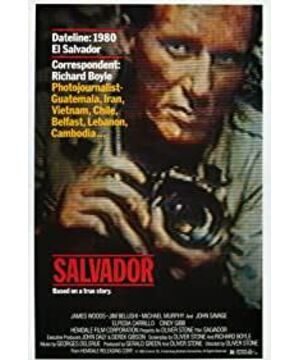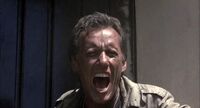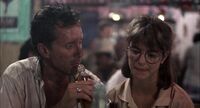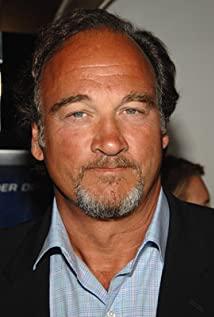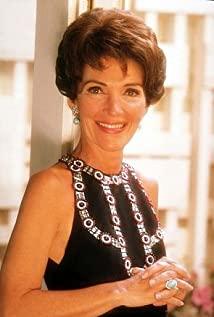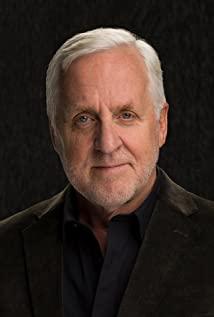Of course, this also involves the issue of the system, just like the filmmakers in our country can never become masters, because the world they have to face is not a pure world, we live in a magical country full of ideology, If it is our own lack of imagination and creativity, that's all, but there is always a group of censors who use their butts instead of their heads to think about problems, which has also eliminated the possibility of becoming a master. In the history of film, many master-level figures have more or less raised various doubts and criticisms of the living world in their works, these doubts and criticisms are either acerbic or ambiguous, or deep or superficial.
Oliver Stone is a talented director of social realism. Most of his works are positive touches on social reality and are based on real events. Therefore, these works of his are different from the "realism" in the general sense as we know it. Most of the "realist" works belong to fabricated reality, focusing on the care or "portrait" of their content to the real society. But Oliver Stone likes to use real events in social reality more directly as his films, so as to make his own practice of using film art to reveal social reality more critical, I think if the US government regrets the most In addition to launching the most clumsy "Vietnam War" of the last century, Stone was sent to serve in Vietnam.
"El Salvador" may not be the best of Oliver Stone's series of political films, but in the vast volume of world cinema, it is the best face-to-face film of the war correspondent's life. In the early 1980s, the then US President Ronald Reagan was a staunch anti-communist figure. His famous saying was: "To move towards liberal democracy will bury Marxism-Leninism in the dust of history". Reagan liked to say this in his two campaigns and in many speeches. He also supported anti-communist activities in Central America, Asia, and Africa, according to the principles of so-called Reaganism. In terms of foreign policy, Reagan was a "perfect and typical Cold Fighter". As long as it was anti-communist, he would not hesitate to send troops to support it. At that time, the anti-communist guerrillas in Nicaragua and the National Republican Army in El Salvador received funding from Reagan in various aspects.
Richard Boyle, the protagonist of the film "El Salvador", is a war correspondent who lost his job because of alcohol and drug addiction, so he came to the Central American country of El Salvador to take some war photos and sell them for money, but they were greeted by Political turmoil: The military government, with the brutality that it would rather kill a thousand by mistake than one, kills dissidents and suspected dissidents indiscriminately, on the pretext that they have been reddened by the Soviet Union and Cuba, and have thus received sustenance from the U.S. government. military aid. After witnessing the massacre of innocent people, mass graves, and the assassination of missionaries by the government army, Boyd, who originally dreamed of making money by speculating, was furious and risked his life to make the junta's evil deeds public. In the world, and began to sympathize with the anti-government guerrillas, Oliver Stone's left-leaning political ideas also appeared here. The passages describing the guerrillas are full of surging passion, and there is a particularly impressive passage. The pictures of the Communist guerrillas training are accompanied by revolutionary songs from the former Soviet Union that are sometimes majestic and sometimes soulful. But the indiscriminate killing of innocents by the guerrillas attacked the city and plunged Richard into a complete confusion of beliefs. This is the confusion of Oliver Stone, and it is also the confusion of many people about the twentieth century: the so-called country that advertises democracy. Arbitrarily trampling on the democracy of other countries for political interests, Marxists use violent revolution to overthrow the unequal social system, but inevitably fall into a vicious circle of more brutality and dictatorship.
Filmed after "Field Platoon", "El Salvador" has become a portrayal of the political life of the entire world for more than half a century. The cruelty of military and political dictators, the revolutionary passion of communists, the hypocrisy of democratic countries to the outside world. The whole film is also full of the paradoxes of Oliver Stone's self-dissection: both indulging in the passion of violence and compassion for others; at the same time advocating socialist revolution, but also hating the inhumanity of the GCD government. "El Salvador" has a lot of criticism on the foreign policy of the United States, which is an extremely rare work in the film industry. The film starts from a high profile and exposes all kinds of hidden official scandals. Therefore, the film is absurd and anarchic. Stone's criticism of the US government's involvement in the El Salvador civil war is clearly expressed in the film, which makes the film have a subtle resonance with the current US foreign policy.
At the end of the film, Maria, the lover that Boyle tried to save, was sent back to El Salvador by immigration officers at the border, and Stone cursed his homeland through Boyle's mouth - although he knew that maybe America is the most just and democratic country in the world.
View more about Salvador reviews


